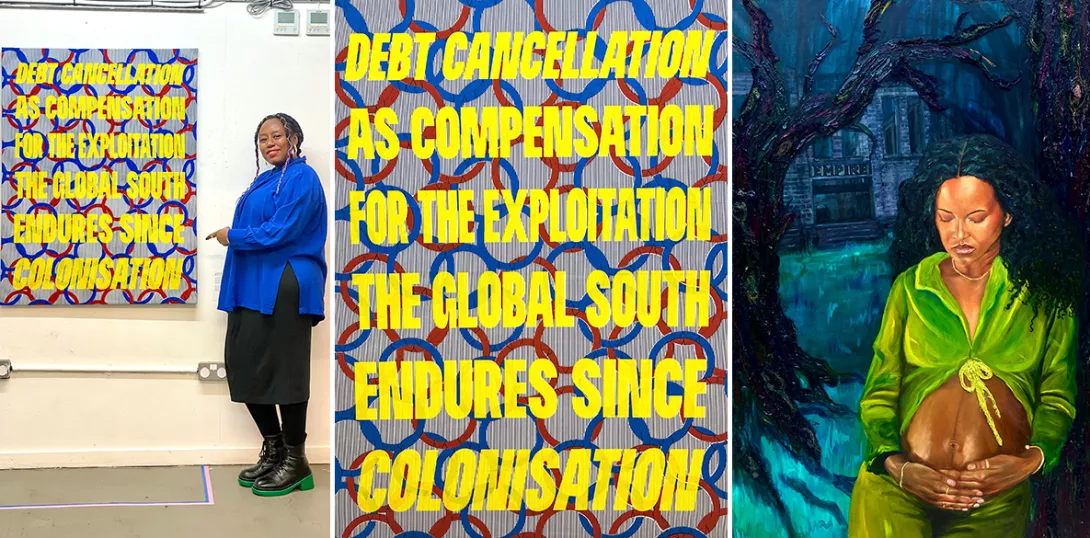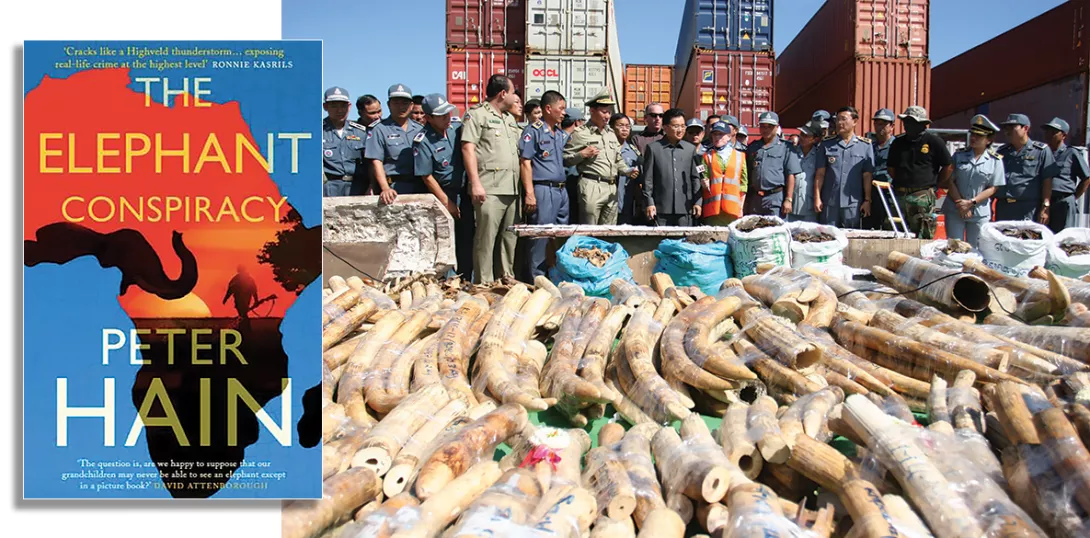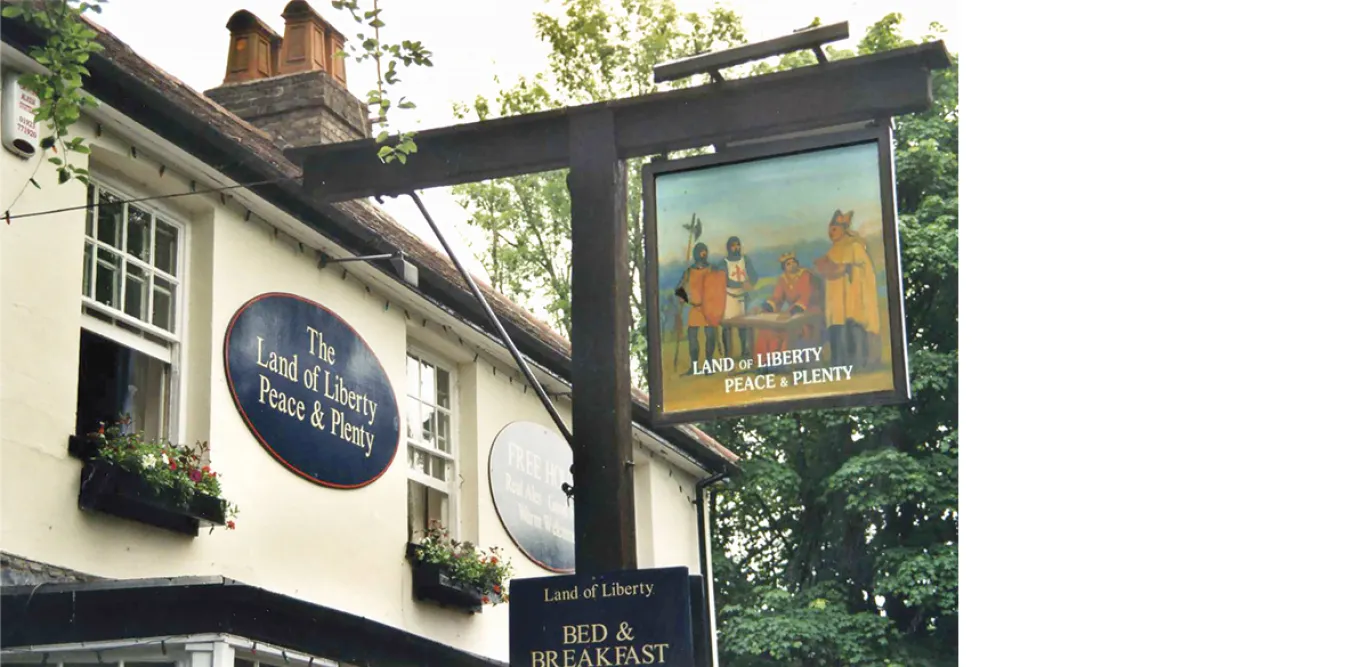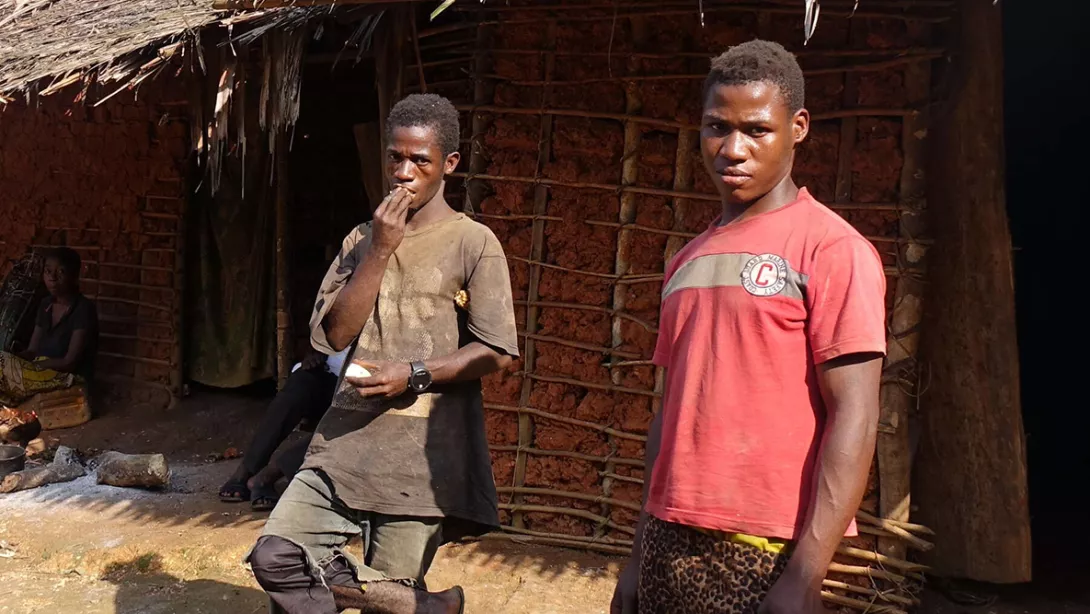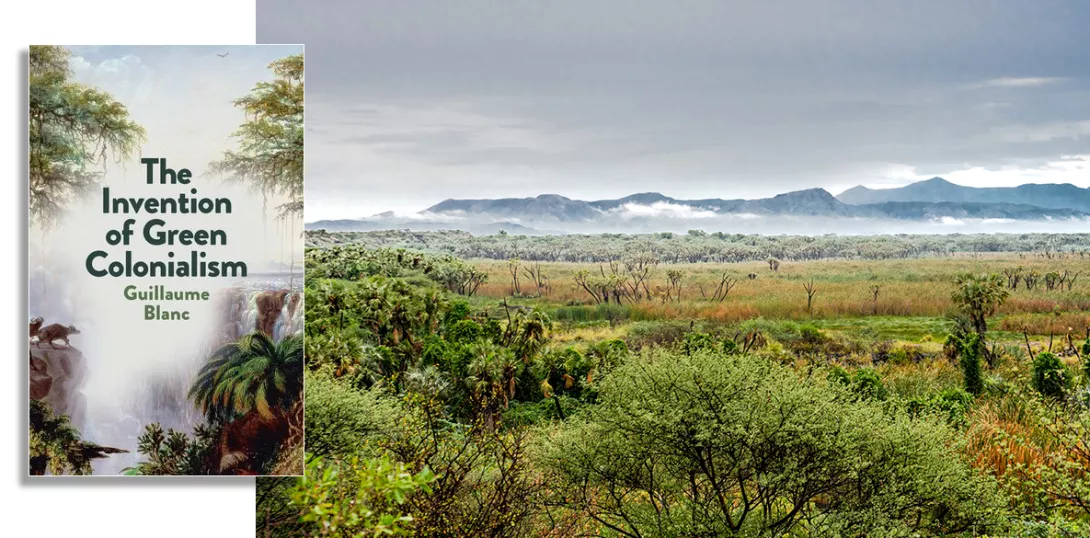
The Invention of Green Colonialism
by Guillaume Blanc
Polity £15.99
MANY Morning Star readers will be familiar with the oft repeated justification that colonialists simply took over and developed land that was unoccupied. To make this a reality required the wholesale expulsion of indigenous peoples from their land in the Americas, Australia, New Zealand and throughout Africa.
Like many other progressives I have always considered the National Parks and their conservation agenda to be a good thing. This book challenges that idea.
Blanc’s study concentrates primarily on Africa especially Ethiopia. He argues that National Parks are based on the colonial era idea of “Eden” — an Africa consisting of vast forests and green spaces occupied by flora and fauna.
This myth was developed by colonial “experts” who created organisations such as United Nations Educational, Scientific and Cultural Organisation (Unesco), the World Wildlife Fund (WWF) and the International Union for Conservation of Nature (IUCN).
Once again, the idea is peddled that the natural land of Africa is virgin territory threatened by the ignorant and destructive local people. Unesco is the main offender, demanding the forced removal of agro-pastoralists whose activities pose “threats to the integrity of the parks (through) cultivation and soil erosion”. They are supported by the WWF which claims that the local populations pose a risk to threatened species.
The reality is very different. While claiming that excluding the original inhabitants would save the forests and wildlife, the colonialists issued hunting licences to rich foreigners and stripped forests bare to provide timber to build ships and construct the framework of empire.
Sadly, many African governments have been co-opted to the idea. Persuaded of their responsibility to save nature and the financial benefits of eco-tourism they have been forced by Unesco to expel the inhabitants of the parks in order for them to be granted World Heritage status — a critical factor for attracting eco-tourism.
The author interviewed local residents, many of whom are convinced that the National Parks are a dying environment.
They argue that during their stewardship they planted trees, terraced the land and grew crops which prevented soil erosion. Accused of killing indigenous animals, they claim to have protected the natural habitat in which the animals thrived.
Blanc highlights contradictions between Unesco’s approach to National Parks in Europe where it argues the “Cevennes landscape [parts of the departements of Ardeche, Gard, Herault and Lozere] is the heritage of 5,000 years of agro-pastoralism” in contrast to Africa where the opposite is claimed.
The National Parks movement in Africa is a process where the underdeveloped world has to make sacrifices, argues Blanc, in order that capitalist predators can continue to exploit the world’s resources at will. Such policies have recently been further developed by a consultancy company widely employed by mining and petrochemical giants Rio Tinto, Total and ExxonMobil.
Only a radical reform of capitalism can offer a solution to the current ecological crisis, Blanc suggests.
The book challenges some otherwise comfortably held opinions, and is, at times, a harrowing and often controversial read.
Recommended.

